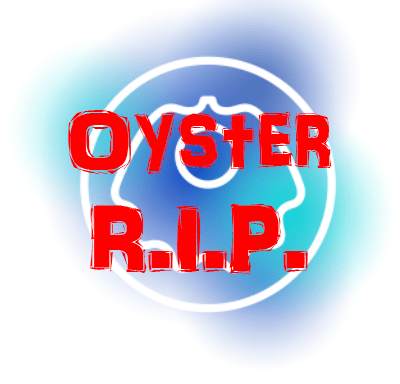
In “E-Book Subscription Service Oyster To Shut Down,” TechCrunch Writer Catherine Shu discusses the announcement that Oyster’s ebook subscription service will disappear early next year.
This imminent shutdown provides one less platform for authors to distribute their works in an online publishing world that’s increasingly dominated by a few players like Amazon and Apple.
As Shu correctly points out, “even a great user experience and team that is obviously made up of bonafide bibliophiles is not enough to guarantee success in the online book industry.”
Let’s face it — size, resources, and capital matter. With Oyster’s co-founders heading over to Google Play Books (h/t to Peter Kafka at re/code), perhaps Google is planning to compete head-to-head with Amazon’s Kindle Unlimited e-book subscription service.
For indie authors, it will continue to be important to protect intellectual property rights to their ebooks, particularly as options for e-book publishing and distribution shrink. Such protection includes:
- Understanding the terms and conditions for each publishing and distribution platform
- Registering copyrights
- Making sure that each e-book has the proper legal notices, disclosures, and disclaimers
Note that to take advantage of higher royalty rates and other perqs, some platforms require exclusivity or impose other conditions upon publication elsewhere (e.g. pricing restrictions).
In such cases, it may make sense for different editions of the same book to be created in order to maximize the revenues generated by each work across all platforms.
Of course, if you have any questions about your legal rights and obligations as either an author or self-publisher, you should consult with an experienced attorney who understands the e-book publishing industry.
